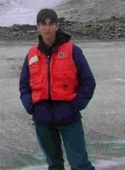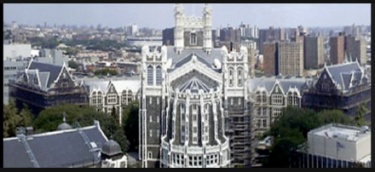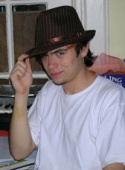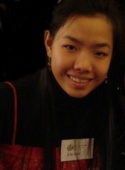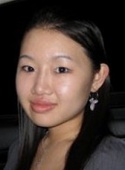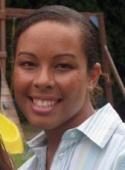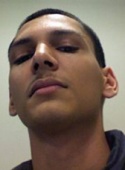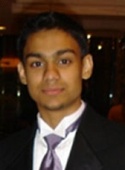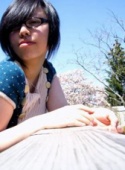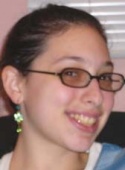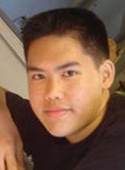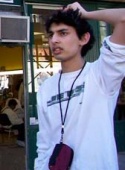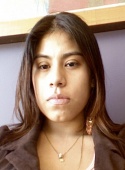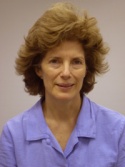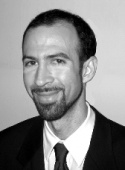About Us
From The Peopling of New York City

| ||||||||
|---|---|---|---|---|---|---|---|---|
Why a Wiki?Once all the teams completed their social ventures, we came to a crossroads. How were we to represent all the collected experiences and data? Should we use a Net or Wiki layout? We decide that we needed to work as one team, engage in each step with peer support and peer review. Only the Wiki layout allowed for real time communication for a small community of students to easily access and generate valuable content. Working together as a team, not only did we gain appreciation for lives of migrants and the themes that shape their lives today, but also recognition of each other’s skills and traits; becoming entwined into an honorable community. |
Methodology: Entwined into an Honorable CommunityThrough reading, we learned about qualitative and quantitative ways to understand immigration to New York City. However, no reading could place us in an immigrant’s shoes. In order to value the past, present, and future identity of New York’s immigrants, we needed to walk the streets of an immigrant community. Encouraged by our professor, we stepped into Little Senegal, located on 116 Street between Frederick Douglas Boulevard and Lenox Avenue. Although we participated in a walking tour of Little Senegal, we needed involvement in something more hands-on and interpersonal. The class organized into teams of two. Each team chose an issue relevant to the West African community, then immersed themselves in the culture of Harlem. Because our professor had conducted research in Senegal, we were able to use her social connections to build relationships with the community. Our exploration began in the Association des Sénégalais d’Amerique, an organization designed to ease the burdens of Senegalese immigration. Then we branched off into different directions. One team’s path lead them to meet an Imam in a mosque, while another team stumbled across a journalist, and yet another entangled themselves with various businesses. Once all the teams completed their explorations, we came to a crossroads. How were we to represent all the collected experiences and data? Should we use a website or a Wiki layout? We decide that we needed to work as one team, engaging in each step with peer support and peer review. A wiki was the best way for a small community of students to easily access and collaboratively generate valuable content. Along with our Professor, Victoria Ebin, our Instructional Technology Fellow, Aaron Rosenbaum, guided our class. Working together as a team, not only did we gain appreciation for the lives of migrants and the themes that shape their lives today, but also a recognition of each other’s skills and traits, as we became entwined into an honorable community. |
The Team |
Student CreditsThe pages were authored and built as follows: |
AcknowledgmentsThe authors wish to thank the Senegalese community for their gracious help in this project. This project was made possible only by the extraordinary generosity and kindness of numerous individuals who helped us in many ways, big and small. In particular, we would like to thank the American Senegalese Association, especially its President Mr. Ibrahima Solo Diafouné and its secretary Mr. Ibrahima Kaaw Sow, for opening up their arms to us and helping with this project in more ways than we could ever count. Special thanks also go out to Ms. Aissatou Ndao, who gave our class an informative tour of the neighborhood to start things off and was ready to support us whenever we asked for help. We would also like to thank Kate Newman, who took time off of her volunteer work in the Senegalese community to answer our questions and make connections for us that were instrumental in the project. In addition, we extend our warmest thanks to Aaron, the City College Tech Fellow who supervised this project; he gave an enormous amount of his own personal time and energy both to the configuration of this site and to the painful task of helping us learn how to use it. Aaron, we are in awe of your dedication, and look forward eagerly to working with you again in the future. Finally, our deepest gratitude goes out to Professor Ebin, our wonderful teacher. Her expertise has been invaluable to us, her enthusiasm and love for the Senegalese community in New York has been an inspiration to us all. Professor Ebin, we may not ever have you again as a teacher, but you will always have our enduring respect. |


